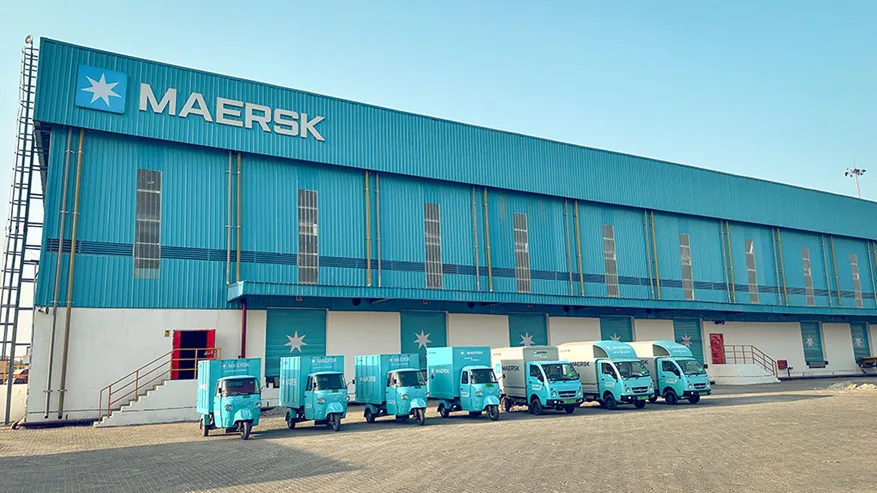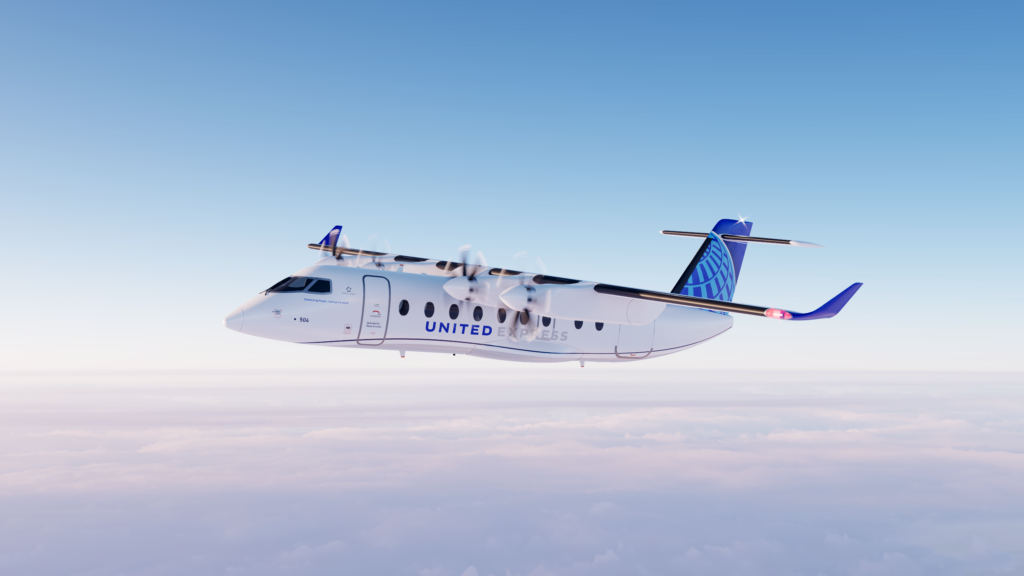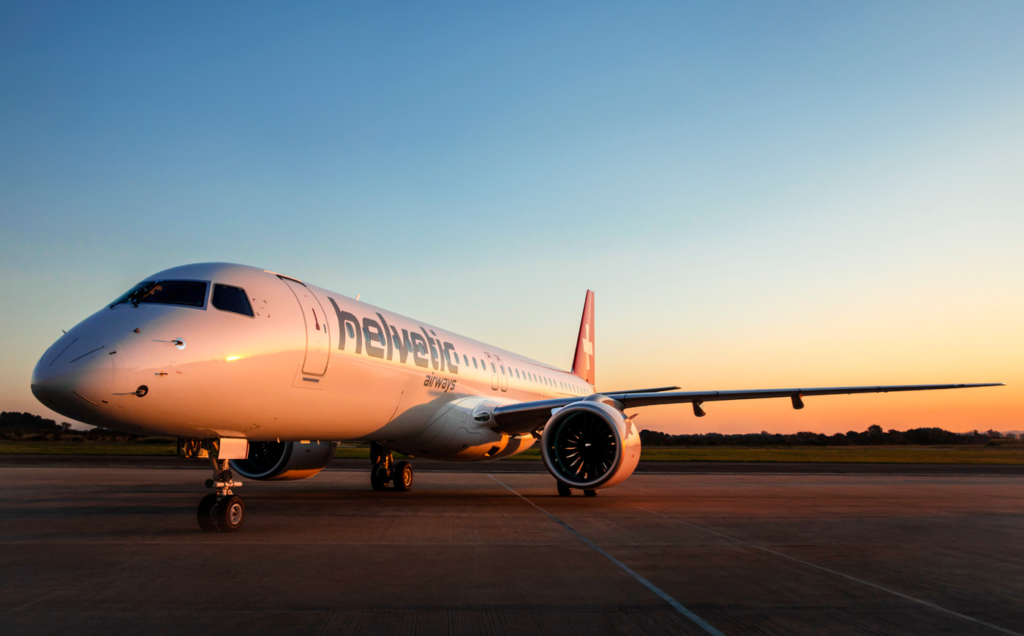Maersk launches rail offering from Barcelona, Spain to Southern France
Barcelona, Spain - AP Moeller-Maersk AS (OTC: AMKBY) is launching a new rail product from the Port of Barcelona to Southern France especially designed to cut transit times of ocean cargo destined to the areas…









